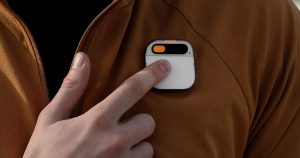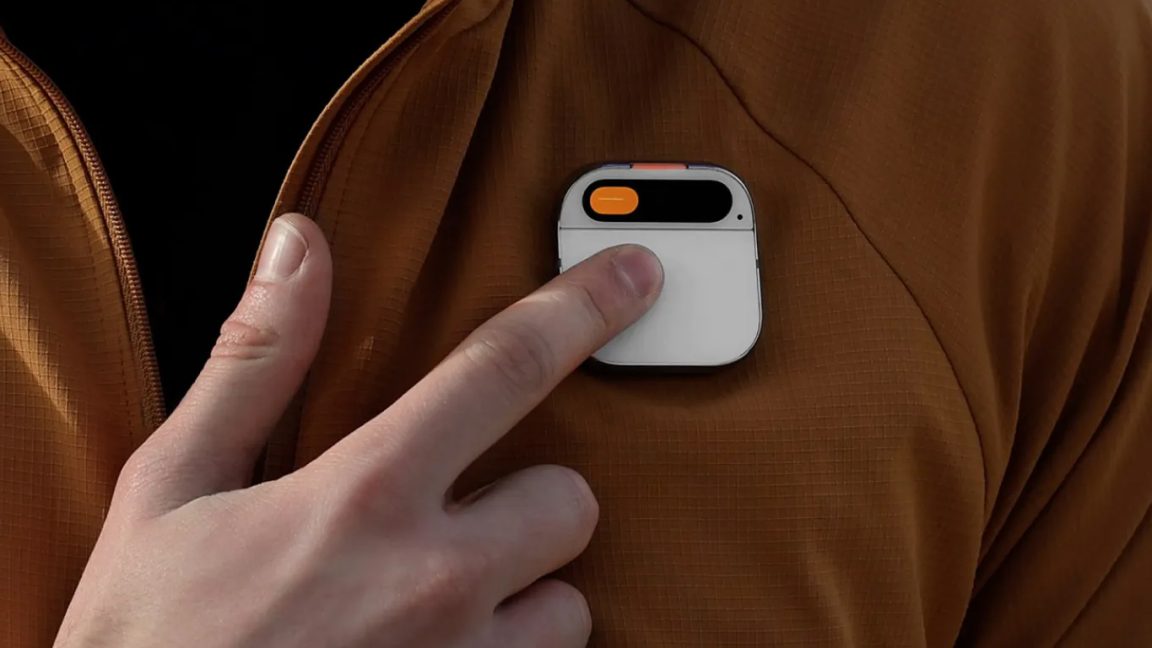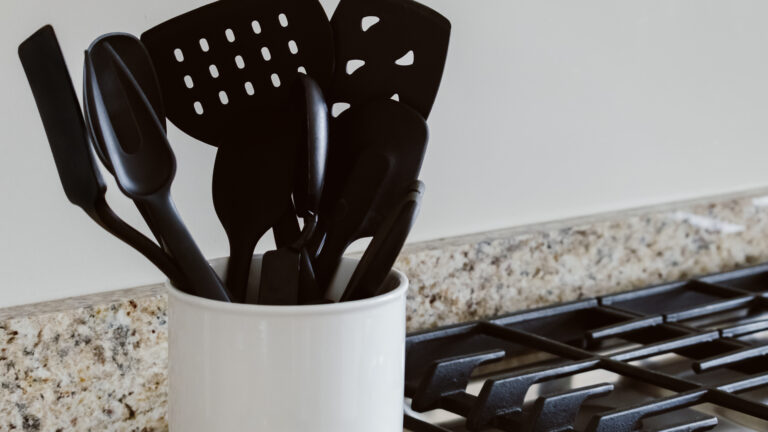Humane’s AI Pin was already struggling to take off, but the company's troubles deepened on Thursday as it recalled the product's portable charging case.
Humane released the AI Pin in April 2024. It’s a lapel pin that features an integrated camera and speaker, AI voice assistant, and laser projector. The device launched at a $700 starting price before dropping to $500 in June. The AI Pin also requires a subscription ($24 per month without fees). The wearable lacks a screen or app support, and despite marketing claims that it could replace smartphones, initial reviews of the product were abysmal (YouTuber Marques Brownlee famously dubbed the pin "The Worst Product I've Ever Reviewed").
The AI Pin's wireless Charge Case Accessory is sold separately; it differs from the home charging dock included with the AI Pin, which isn't impacted by this week's recall. The Charge Case Accessory is charged via USB-C.

According to the US Consumer Product Safety Commission’s (CPSC’s) recall notice, the Charge Case Accessory's lithium polymer battery can overheat, posing a fire risk. One user reported seeing the accessory overheat and melt while charging, according to the CPSC. There have been no reported injuries or property damage.
Humane has known about potential overheating problems since at least June, when it told users to “immediately stop using and charging your Charge Case Accessory.”
Approximately 10,500 units, which the CPSC says were sold from November 2023 until May, are affected.
On an online support page, Humane said it issued the recall “due to an issue with certain battery cells supplied by a vendor for the Charge Case Accessory," adding that "the issue identified is isolated only to certain battery cells used in the Charge Case Accessory and is not related to the Charge Case Accessory hardware design."



 Loading comments...
Loading comments...
